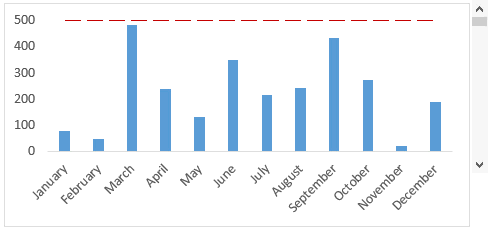Publication Ethics
LITERASI: Jurnal Pendidikan Guru Indonesia is committed to maintaining the highest standards of ethics in publishing. We follow ethical practices based on international guidelines to ensure the integrity and credibility of the publication process. Our publication ethics apply to authors, reviewers, and the editorial board to maintain fairness, transparency, and quality in all published research.
Ethical Guidelines for Authors
-
Originality and Plagiarism Authors are required to submit original work and ensure that the manuscript has not been published previously, nor is it under review elsewhere. Any form of plagiarism, including self-plagiarism, is strictly prohibited. Authors must properly cite and reference the work of others that has contributed to their research.
-
Authorship All individuals who have made significant contributions to the manuscript should be listed as authors. Corresponding authors must ensure that all co-authors approve the final version of the manuscript and the decision to submit it for publication.
-
Conflict of Interest Authors must disclose any financial or personal conflicts of interest that might affect the work, including funding sources or relationships that could influence the objectivity of the research.
-
Data Availability and Ethical Considerations Authors should provide access to the data underlying their findings or explain why data cannot be shared. All research must comply with ethical standards, especially in research involving human participants or animals. Any ethical concerns regarding the study design and methodology must be addressed in the manuscript.
-
Redundant or Duplicate Publication Authors should not submit manuscripts that have been published or are under consideration for publication elsewhere. If the manuscript has been presented in conferences or as part of preliminary reports, authors must inform the editor-in-chief.
Ethical Guidelines for Reviewers
-
Confidentiality Reviewers must maintain confidentiality about the manuscript they are reviewing. They must not discuss the manuscript or share it with others who are not involved in the review process.
-
Objectivity Reviews should be conducted impartially and objectively. Reviewers should provide constructive and clear feedback. Personal attacks or biased comments on the manuscript or the author are unacceptable.
-
Conflict of Interest Reviewers must declare any conflicts of interest that might compromise the impartiality of the review process. This includes financial, academic, or personal relationships with the author(s).
-
Timeliness Reviewers should complete their reviews within the time frame set by the editorial team. If they are unable to meet the deadline, they should inform the editor as soon as possible so the manuscript can be reassigned.
Ethical Guidelines for Editors
-
Fairness and Transparency Editors must evaluate manuscripts based on their academic merit, without discrimination based on the author’s nationality, gender, or institutional affiliation.
-
Confidentiality Editors must ensure that the identities of both authors and reviewers remain confidential throughout the review process.
-
Conflict of Interest Editors must recuse themselves from handling a manuscript if they have a conflict of interest with the author(s).
-
Decision-Making Editors are responsible for making decisions on manuscripts after carefully considering reviewers' comments. They must ensure that the decision process is transparent and fair.
Publication Ethics for the Journal
-
The journal follows a single-blind peer review process where reviewers know the identity of the authors but authors do not know the identity of the reviewers.
-
The editorial board ensures that all published content adheres to the highest academic and ethical standards.
-
Corrections, Retractions, and Updates: If significant errors or plagiarism are detected after publication, the editorial team will issue corrections or retractions as necessary.
-
The journal does not support or tolerate any form of academic misconduct, including falsification of data, plagiarism, or unethical research practices.









